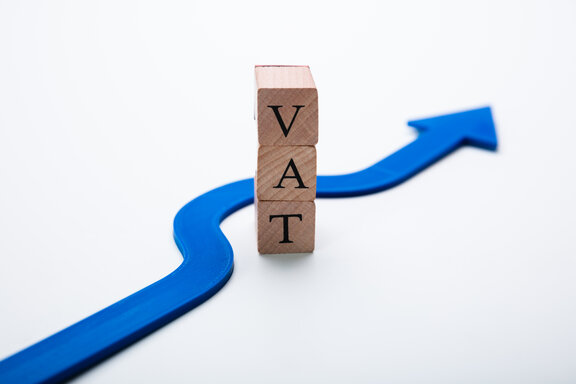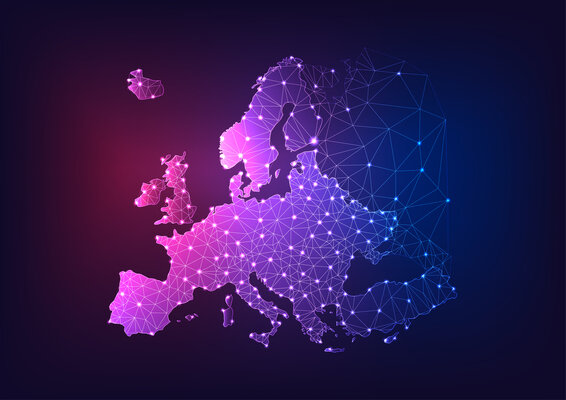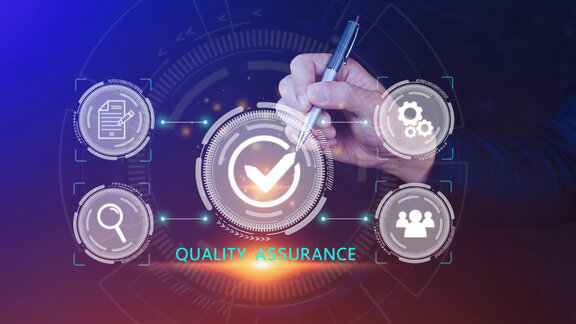E-invoicing is regulated for several important reasons. First and foremost, it aims to ensure compliance with tax regulations and prevent fraud. By standardizing and automating the exchange of invoice data, authorities gain better insight into transactions, allowing them to detect irregularities and prevent tax evasion.
These regulations also increase the efficiency of business processes. E-invoicing reduces administrative costs, human errors, and the environmental impact associated with traditional paper-based systems. Through data standardization in invoices, businesses, regardless of their size, can exchange documents in a uniform way, simplifying the entire process.
Regulations regarding e-invoicing also aim to ensure data security. These rules impose requirements to protect information during the exchange of invoices, minimizing the risk of cyber threats. Furthermore, e-invoicing is part of a broader digitalization strategy aimed at improving the functioning of the economy, especially in the public sector, where the use of electronic invoices supports transparency and efficiency.
Regulations also promote sustainability by reducing paper consumption, contributing to environmental protection. In this way, e-invoicing not only enhances the functioning of the economy but also addresses the need for environmentally responsible resource management.



























